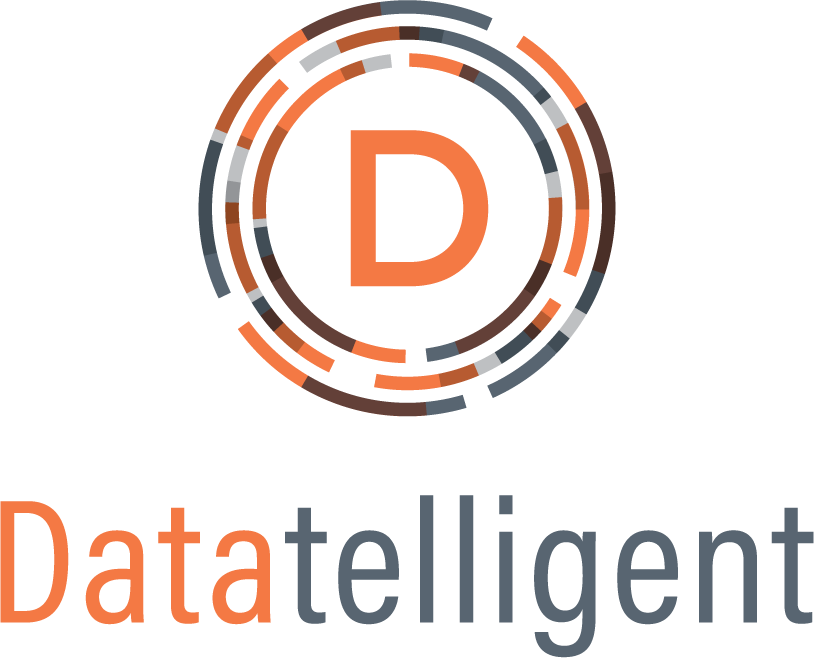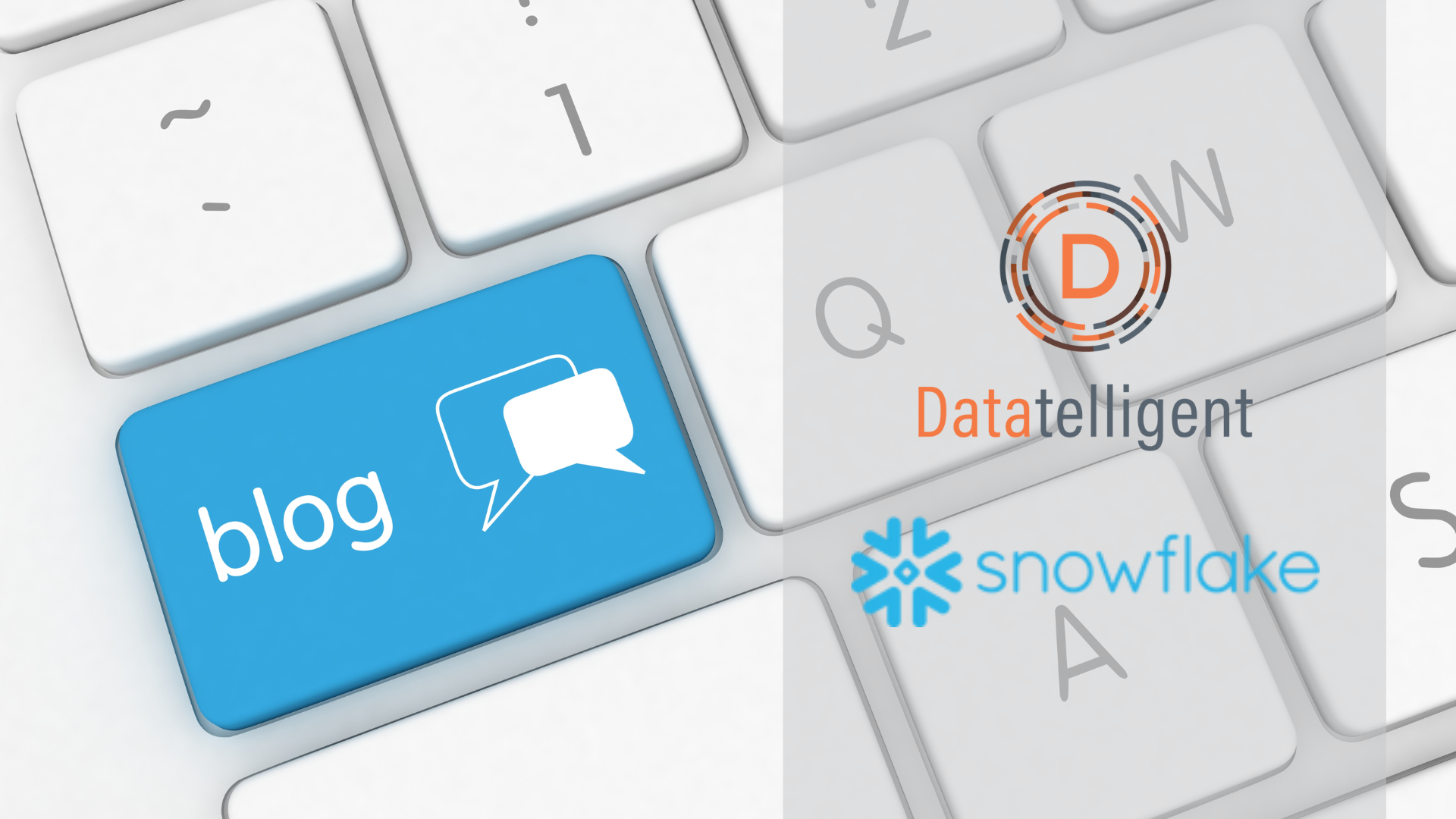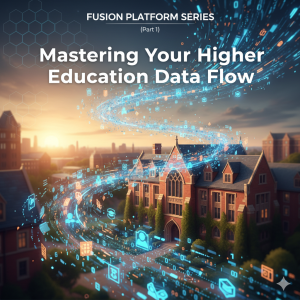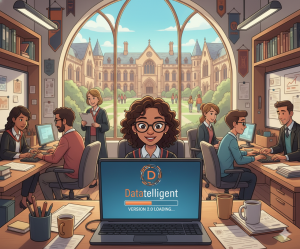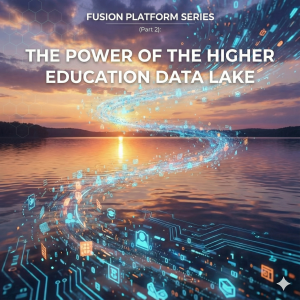The Importance of AI-Powered Analytics in Higher Education
The future of AI is now
At Datatelligent, we look to the future for ways to help our customers solve decades-old Higher Education problems. We hear a lot of questions lately about AI and what it means for Institutional Research. Questions like, “How can Generative AI and Large Language Models help our analytics? Will adding AI extract the predictive insights we need to help students and help us with retention, recruitment, and funding?”
Well, it’s funny you should ask. On November 15, 2023, we are hosting a webinar on these very topics with our most AI-innovative partner, Snowflake. Elevate Education: AI Solutions for Higher Education.
Snowflake is moving fast, at Chicago-blizzard pace, embracing all that’s AI and announcing earlier this month, during Snowday, a host of new AI tools. We will in turn innovate with our Higher Education customers and implement these tools into the Datatelligent Unified Data Platform.
The Definition of AI in Higher Education
AI-powered analytics is the use of artificial intelligence to analyze large datasets to identify patterns, trends, and insights. Here are some of the areas will innovate with AI-powered analytics with our higher education customers:
- Student success: AI-powered analytics can be used to identify students who are at risk of dropping out or failing a course. This information can then be used to provide targeted interventions, such as tutoring or academic advising.
- Student Recruitment and Enrollment: considered one of the holy grails of analytics, identify the best mix of students who will benefit and are succeed from the specialties offered by the institution. Closely related, AI can help identify so you can focus recruitment on the students that will help your institution win and retain their grant funding.
- Enrollment Trends: Identifying the trends early that will impact future enrollment. Linking to all sorts of internal and external data sources, AI-powered insights helps plan for student recruitment in fast-changing demographics.
- Faculty Planning: Recruitment doesn’t stop with students. AI can help with faculty planning, identifying the educational specialties that are in demand now and in the future. Recruitment efforts and education certifications can be planned years in advance.
- Personalized learning: Personalized learning experiences can be created for students using insights from AI-powered data. This can be done by adapting course materials, providing individualized feedback, and recommending additional resources.
- Administrative efficiency: Why not have that AI-bot be the helpful assistant it wants to be, automating scheduling, grading, and admissions processing? This can free up time for faculty and staff to focus on more strategic initiatives.
The Challenges of AI
Of course, AI is not the magic pill to make all our analytic and Institutional Research headaches go away. At Datatelligent, we help mitigate the challenges AI-powered analytics brings to higher education:
- Data quality: AI-powered analytics immediately bring up Data Quality. Institutions need to ensure the data is accurate, complete, and consistent, or your “insights” will be none of these.
- Bias: AI algorithms can be biased, which can lead to unfair or inaccurate results. Data Analysts need to be aware of the potential for bias and make sure a human takes steps to mitigate it.
- Ethics: The use of AI in higher education raises a number of ethical concerns, such as the potential for surveillance and discrimination. Institutions need to develop clear ethical guidelines for the use of AI in higher education. At Datatelligent, we have a well-developed AI Governance and Ethics framework.
Overall, AI-powered analytics has the potential to revolutionize higher education. As with any revolution there are always challenges, which is why it’s best to align with an ally before overthrowing any king. We’ll be talking about the AI Revolution on November 15. We hope to see you at the Datatelligent and Snowflake AI Solutions for Higher Education webinar.
